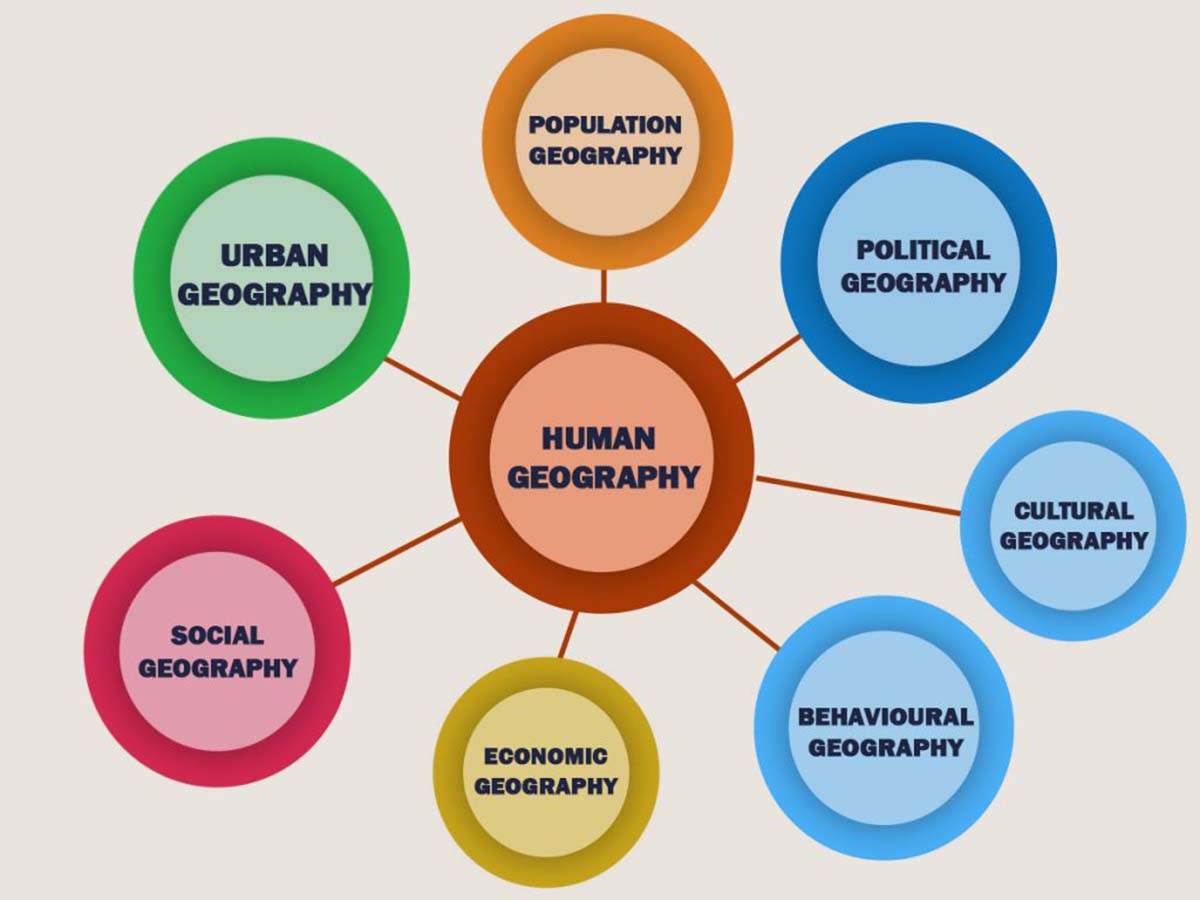
Human geography is a fascinating field that explores the relationship between people and their environment. It examines the diverse ways in which humans interact with, shape, and are influenced by the physical, cultural, and social aspects of the world around them. From the study of population distribution to the analysis of urban development and migration patterns, human geography provides valuable insights into our ever-changing planet and the societies that inhabit it.
In this article, we will delve into eight captivating facts about human geography that will not only broaden your understanding of the subject but also enhance your appreciation for the complex interplay between human beings and their surroundings. So, let’s embark on this journey of exploration and discover the intriguing aspects of human geography that often go unnoticed!
Key Takeaways:
- Human geography explores how people interact with their environment, studying population, culture, urbanization, and inequality to understand our world better.
- Human geography helps us understand the impact of globalization, the relationship between society and the environment, and the spatial disparities and inequalities that exist.
Human geography explores the relationship between people and their environment.
Human geography is a branch of geography that focuses on studying the ways in which human activities and behaviors interact with and impact the physical environment. It analyzes various aspects such as population distribution, migration patterns, and cultural landscapes.
Human geography includes the study of population patterns and demographics.
One of the key areas of study in human geography is population patterns and demographics. It examines factors such as population growth, birth rates, death rates, and migration patterns to understand how populations change over time and the implications of these changes.
Urban geography is a subfield of human geography.
Urban geography focuses on the study of cities, their development, and the social, economic, and environmental implications of urbanization. It explores factors such as urban planning, transportation systems, and the spatial distribution of activities within cities.
Human geography investigates the relationship between culture and geography.
Cultural geography is an important component of human geography, examining how culture shapes and is shaped by geographical factors. It explores topics such as language, religion, customs, and the impact of globalization on cultural diversity.
Human geography studies the impact of globalization on local communities.
Globalization has greatly influenced the interactions between people and their environment. Human geography explores how the global flows of goods, services, information, and people affect local communities and their cultural, social, and economic aspects.
Human geography examines the complex relationship between society and the environment.
Human geography recognizes that human activities have profound effects on the environment. It investigates issues such as climate change, resource depletion, and environmental degradation, and explores strategies for sustainable development.
Human geography includes the study of political geography.
Political geography focuses on the spatial distribution of political systems, boundaries, and territories. It analyzes how political processes and ideologies influence the organization of space and the relationships between different regions and countries.
Human geography helps us understand spatial disparities and inequalities.
Human geography sheds light on the disparities and inequalities that exist between different regions and communities. It examines factors such as socio-economic status, access to resources, and power structures to understand the spatial dimensions of inequality and work towards more equitable societies.
In conclusion, human geography plays a crucial role in understanding the dynamic and complex relationship between human societies and their environment. Through the study of population, culture, urbanization, globalization, and the socio-economic and political dynamics of different regions, human geography allows us to gain valuable insights into the challenges and opportunities facing our world today.
Conclusion
In conclusion, human geography is a fascinating subject that delves into the interactions between humans and their environment. Through the study of various aspects such as population, culture, and urbanization, we gain a deeper understanding of how human activities shape and are influenced by the geographical features of a region. From the impact of migration on population dynamics to the influence of cultural diffusion on societal development, human geography provides valuable insights into the complexities of our world.
FAQs
Q: What is human geography?
Human geography is a social science discipline that focuses on the study of human activities, interactions, and their relationship with the environment.
Q: Why is human geography important?
Human geography helps us understand the spatial distribution of societies, cultures, and economic activities, and how they impact the physical landscape. It provides insights into social, economic, and political issues, which are crucial for effective policy-making and sustainable development.
Q: What are some subfields of human geography?
Some subfields of human geography include urban geography, cultural geography, economic geography, political geography, and population geography.
Q: How does human geography affect urbanization?
Human geography plays a vital role in understanding urbanization patterns and processes. It explores the factors that contribute to the growth of cities, such as migration, economic activities, and infrastructural development, as well as their impact on the environment and society.
Q: How does human geography explain cultural diversity?
Human geography examines cultural practices, traditions, and beliefs, their origin, distribution, and diffusion across different regions. It helps us understand the diversity of cultures, as well as the interaction between culture and the environment.
Was this page helpful?
Our commitment to delivering trustworthy and engaging content is at the heart of what we do. Each fact on our site is contributed by real users like you, bringing a wealth of diverse insights and information. To ensure the highest standards of accuracy and reliability, our dedicated editors meticulously review each submission. This process guarantees that the facts we share are not only fascinating but also credible. Trust in our commitment to quality and authenticity as you explore and learn with us.
